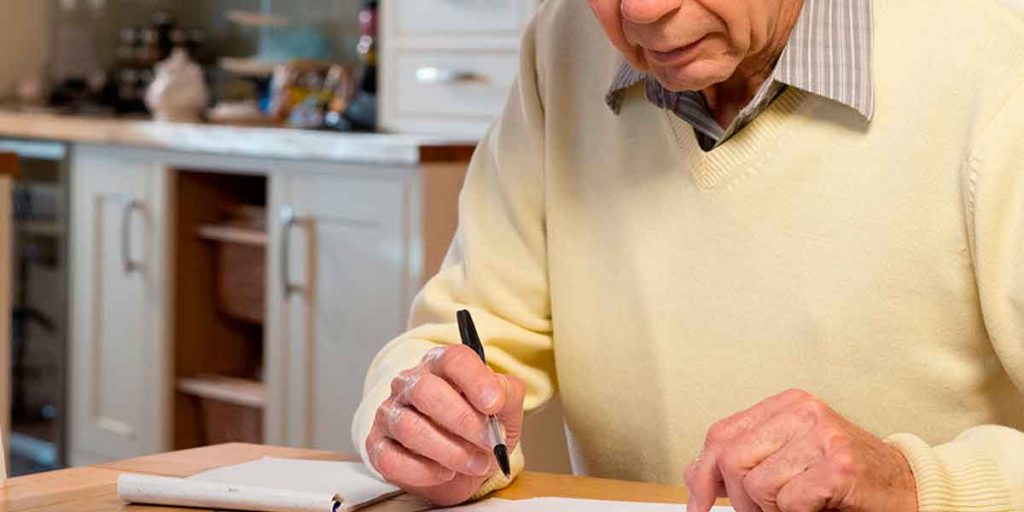What is Probate
Probate is the term for a legal process in which a will is reviewed to determine whether it is valid and authentic. Probate also refers to the general administering of a deceased person’s will or the estate of a deceased person without a will. Probate is a legal process that administers the distribution of a deceased person’s assets. The process is overseen by a probate court. This court has the legal authority to decide matters related to wills and estates.
During probate, the court will determine whether the will is valid. They will also appoint an executor, locate and value assets, and pay the decedent’s debts out of the estate. The residue will then be distributed to the decedent’s beneficiaries and heirs.
Four simple steps to Probate process
Probate is the legal process a will must go through to establish its validity before anything can be distributed to the beneficiaries. The testator, meaning the person writing the will, names an executor in the will whose job it is to move the will through the probate process. The people who inherit from the will are the beneficiaries. The steps involved in the probate process must be carried out carefully and in a certain order.
1. Filing
Once a will has been located, the first step in the probate process is filing a petition with the probate court requesting that the will be probated. The probate petition asks that the executor formally be appointed to act on behalf of the estate. All heirs and beneficiaries must receive notice that the petition has been filed. This allows them to object to the petition and challenge the will. In some states, a notice of the petition must also be published in a newspaper of record so that potential creditors can receive notice. If there is no will, a petition is filed seeking administration of the estate, and a notice of administration must be given to all legal heirs. The person filing the petition requests that the court appoint them as the estate’s personal representative, a role similar to that of executor.
2. Identifying Assets and Debts
Once the court has appointed the executor or personal representative, they must identify and disclose all of the estate’s assets and provide a valuation. Assets include real estate, vehicles, investments, bank accounts, cash, personal property, intellectual property, and pets.
The executor takes legal control of these assets. On the other hand, assets owned by a trust, such as a living trust, are not probate assets and are not distributed by the probate court. The executor or personal representative must inform all known creditors of the estate proceeding. Creditors have a specific time frame in which they must file their claims against the estate. All known debts must be identified and disclosed to the court.
3. Payment of Debts
The executor or personal representative must pay all of the estate’s debts from the estate’s assets. In addition to pre-existing debts such as loans, mortgages, utility bills, and credit cards, a final tax return must be filed for the estate, and any taxes due must be paid. Funeral expenses must also be paid. If there is not enough cash on hand to pay all creditors, the executor or personal representative can sell the estate’s assets to obtain the funds needed to pay off the debts.
4. Distribution of Assets
Once all of the creditors have been paid, the executor or personal representative distributes the remaining assets according to the testator’s wishes if there is a will, or according to state intestacy statutes if there is no will. This may require formal ownership transfers via deeds or titles for things like real property and vehicles. If the will requires establishing a trust, the executor must set one up according to the instructions included in the will. A final accounting of the estate must be provided to the court, detailing all of the assets and debts and how the property was distributed.
The Benefits of Probate
- Legal remedies are available if a person rejects aspects, or the entirety, of the will.
- The executor does not necessarily have free rein over the beneficiaries’ individual duties.
- Legal options are available if beneficiaries believe an executor has acted dishonestly or mismanaged the estate.
- A personal representative cannot take fees from the assets without approval from the court.
- A personal representative cannot typically distribute assets or any other related property without court approval.
- A court can order removal of a personal representative who improperly handles assets or fails to pay claims on the property.
- Heirs will receive notice if or when a petition is filed, including ones for the appointment of a personal representative.
- The executor of the will must file state and federal income tax returns on behalf of the decedent.
- Wills that go through the probate process are typically available for public viewing.
Get Help
Do you have more questions about Probate? Our attorneys are ready to give you all the help and answers you need. Call us today.
FAQs
How long does it take to probate a will in New York?
On average, the time it takes to administer a New York probate estate is somewhere around 7-9 months.
How does the New York probate process works?
Here it is typically sure that during the first month, the decedent’s will is located and then read to the heirs.
What happens to the debt I leave behind during probate?
Whether you have a will or a trust (or neither), any debt you have at the time of your death will need to be settled. If your assets aren’t liquid, creditors could force the sale of your property to get paid.









